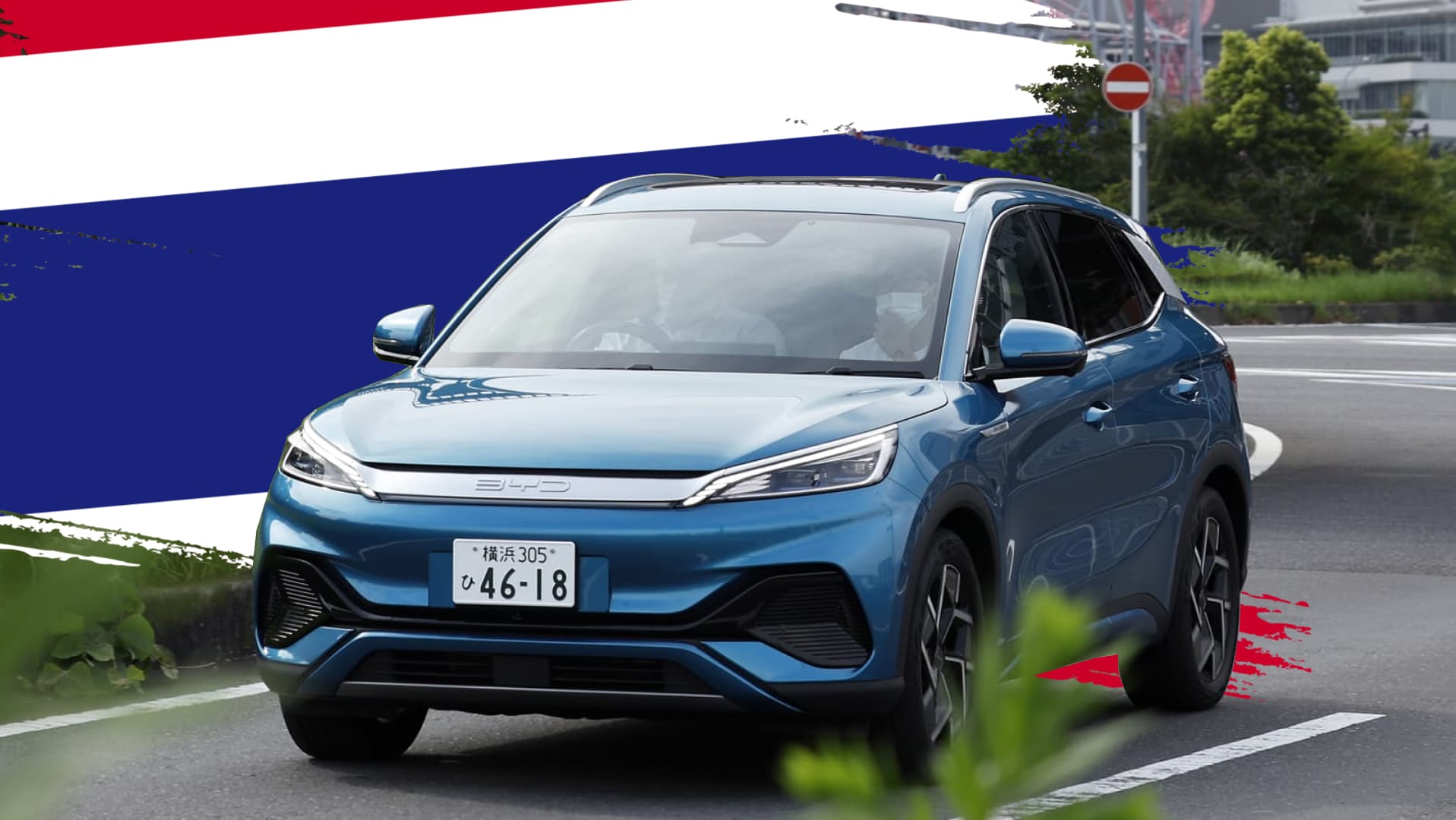Thai Insurers Urge Caution Amid Mounting EV Risks

Bangkok – Thailand’s non-life insurance sector is on alert as concerns escalate over the growing risks associated with electric vehicle (EV) insurance. Industry leaders are urging caution following reports that a Chinese EV manufacturer active in the Thai market may be heading toward bankruptcy—signaling further instability in an already loss-making segment.
The warning stems from news that the Chinese parent company of Neta Auto Thailand is under scrutiny for its debt repayment capability. Insurers worry this could trigger a wave of liabilities, especially involving claims for repairs that cannot be completed due to unavailable parts. Despite this, most insurers continue to underwrite new policies for the brand, although renewed contracts are expected to carry significantly higher premiums to offset the rising risks.
Premiums for EVs, which were previously priced around 20,000 baht annually, have now increased to between 25,000 and 28,000 baht, particularly for models linked to brands with weak service infrastructure and inconsistent supply chains. Some insurers are even suspending coverage for certain EV models, citing the logistical challenges, limited availability of trained repair technicians, and high repair costs at brand-exclusive service centers.
A further complication for insurers is the frequent and steep price cuts by Chinese EV makers, who are aggressively clearing inventory in Southeast Asia to bypass U.S. tariffs. These sudden devaluations have led to situations where the insured value of a car exceeds its actual market price—raising concerns over the potential for fraudulent claims. Insurers fear that some vehicle owners could be tempted to damage or abandon their cars intentionally in order to claim full compensation.
The warning stems from news that the Chinese parent company of Neta Auto Thailand is under scrutiny for its debt repayment capability. Insurers worry this could trigger a wave of liabilities, especially involving claims for repairs that cannot be completed due to unavailable parts. Despite this, most insurers continue to underwrite new policies for the brand, although renewed contracts are expected to carry significantly higher premiums to offset the rising risks.
Apisit Anantanatarat, Chief Executive of Bangkok Insurance (BKI), said the company remains cautious after recording an average claims ratio of 67–68% in its EV segment last year. Although this marks an improvement from the 120% loss ratio two years ago, the figures still reflect significant risk. Some brands reportedly approach a 100% claims ratio, prompting BKI to price its EV policies 15–20% higher than industry averages. To manage these risks, BKI is planning to invest in general EV repair garages through a joint venture with Chinese partners, aiming to reduce reliance on costly, brand-specific service centers.
Viriyah Insurance has also reported financial strain from its EV portfolio. Managing Director Amorn Thongthew said the company insures 66,000 EVs from more than 10 different brands, generating 1.5 billion baht in premiums. However, the repair and parts costs for EVs are around 50% higher than for traditional vehicles, while the premiums are only 15% higher, making the current pricing model unsustainable.
Meanwhile, AXA Insurance Thailand is taking a data-driven, cautious approach. Chief Executive Guillaume Mirabaud confirmed that while AXA has incurred minor losses in its EV business, it remains committed to the segment. AXA China is working with EV manufacturers to develop targeted risk management strategies. Mirabaud emphasized that AXA will not participate in price wars and will continue to tailor premiums to the specific risks associated with each EV model. – News Agency
